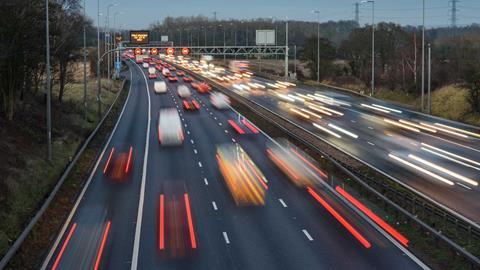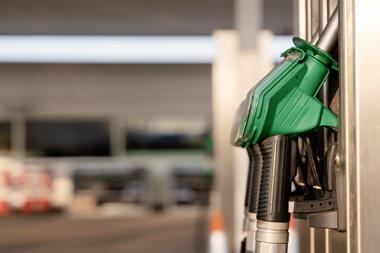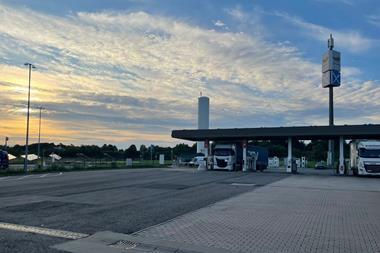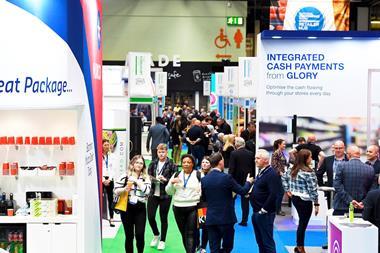
While sales of electric vehicles (EVs) have surged in recent years and are seen by some as the best and only solution for reducing greenhouse gas (GHG) emissions from transport - the reality is that we forget to nurture other technologies at our peril, warns UKPIA.
To deliver Net Zero, we will need EVs and the internal combustion engine working alongside each other, says the trade association that brings together companies involved in refining, renewable fuel production, terminal operations and filling stations.
Transport must decarbonise if the UK is to meet its Net Zero target by 2050 because it is the largest contributor to UK domestic GHG emissions, responsible for 27% of total emissions pre-covid.
It is a rarely quoted statistic but biodiesel hybrids powered by biomass fuel have been shown to be the least carbon dioxide polluting cars across their entire lifecycle, according to a study by the European Environment Agency. This is because a car’s full lifecycle GHG emissions are more than just the ‘tank to wheel’ emissions coming from the vehicle’s exhaust – there are also ‘well to tank’ and ‘manufacture and infrastructure’ emissions to consider.
One drawback of battery EVs is their production emissions, including raw material extraction, processing, parts manufacture, logistics and assembly are up to twice as high as those of internal combustion engine and hybrid vehicles.
This is one reason why UKPIA believes that the Government needs to be open to all technologies to effectively achieve Net Zero.
We also know that the internal combustion engines currently on the road will be around for a long time past the phase-out dates given the average age of a vehicle on UK roads is over eight years. So, it is essential that we have low-carbon solutions for these vehicles, which is where a technology neutral approach that promotes low-carbon fuels, as well as EVs, can help us deliver lower carbon emissions early.
It is encouraging that we are seeing growing volumes of biodiesel and bioethanol blended into our UK fuels. This removes the equivalent two and a half million cars off the road each year in terms of GHG emissions, so those fuels are already making a difference alongside the one million or so hybrids and fully electric EVs on the road.
But despite the progress, Government policies need to be improved to decarbonise transport fuels more effectively. We strongly believe that the Renewable Transport Fuels Obligation (RTFO) should move from its current volume-based approach to a GHG approach, where the obligation is met by reducing carbon dioxide emissions by a set amount. This would incentivise the best-performing low-carbon fuels and further increase carbon savings from cars.
There may also be a case for lowering the fuel duty rates on biofuels, which are currently taxed at the same level as crude-derived fuels. GHG based duty rates or tax reliefs could be a real game-changer, helping customers to focus on reducing their carbon emissions and make informed decisions.
It is possible for existing fuel manufacturing and delivery infrastructure to be switched to low-carbon fuels; for example in Europe, TotalEnergies and Eni have converted former crude oil refineries into biorefineries. But even without such changes our existing storage and delivery assets right down to the forecourt can be used to deliver low- carbon fuels without costly upgrades or new infrastructure.
The UK is already benefitting from low-carbon fuels but the next three years will be critical for policymaking if we are to keep investment in the UK. For companies to continue to invest in low-carbon production in the UK, conditions need to be attractive and competitive relative to those in other countries where businesses could invest their money. And to underpin this, we need the Government to take a technology-neutral approach and help the UK find the best way to deliver Net Zero and protect the UK’s energy needs.

































No comments yet